Publications
Articles, publications, books, tools and multimedia features from the U.S. Institute of Peace provide the latest news, analysis, research findings, practitioner guides and reports, all related to the conflict zones and issues that are at the center of the Institute’s work to prevent and reduce violent conflict.
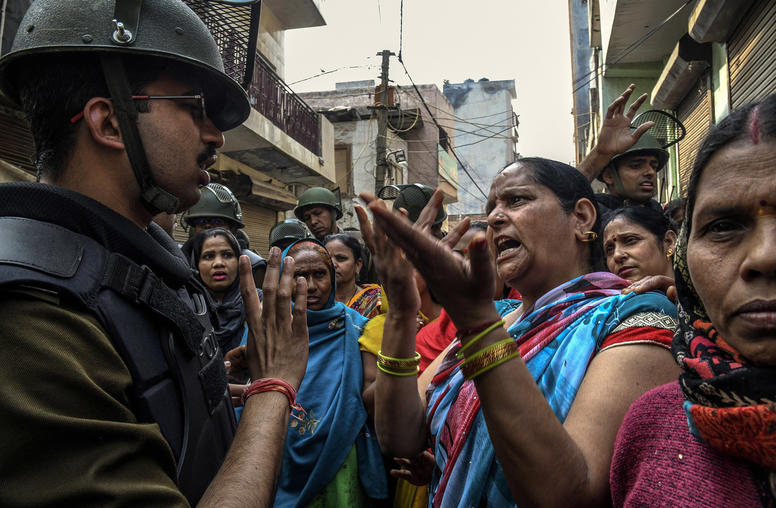
Unrealized Ideal: 40 Years After a Seminal Declaration on Religious Freedom
Anniversaries serve as natural inflection points, opportunities for introspection, to take stock and to consider where to go next. November 25 marked the 40th anniversary of the 1981 U.N. Declaration on the Elimination of All Forms of Intolerance and of Discrimination Based on Religion or Belief. Despite its unwieldy name, the aim was simple: to promote freedom of religion or belief and condemn discrimination based on faith. The 1981 Declaration was a culmination of almost four decades of U.N. efforts to develop international legal protections for freedom of belief to defend minorities from persecution. Forty years later, however, almost two-thirds of humanity live in countries with restrictions on the practice of faith.
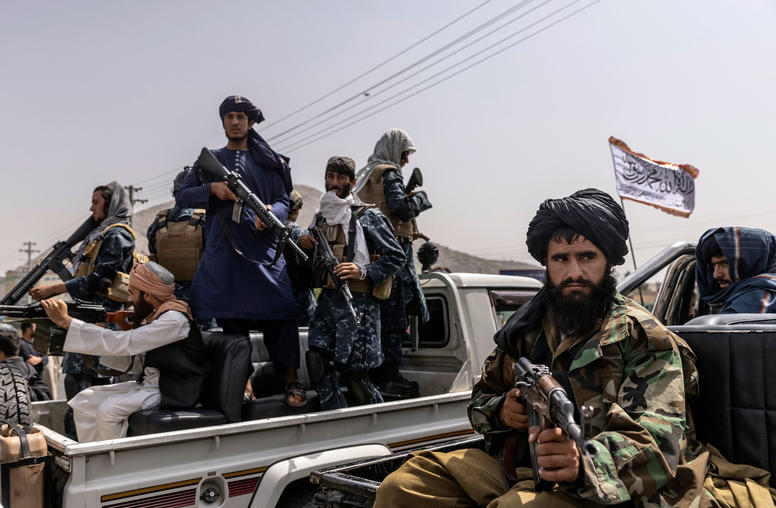
Winter is coming in Afghanistan. Are the Taliban ready?
Nearly three months after the Taliban’s rapid takeover, Afghanistan is descending toward one of the world’s worst humanitarian crises with an economy in freefall. As the harsh winter season looms, aid agencies have warned that over half the country’s population — a staggering 22.8 million people — will face acute food insecurity, including 3.2 million children under five. Now in power, the Taliban’s failure to deliver basic services is exacerbating this dire humanitarian situation. But immediate relief is a distant prospect as the Taliban deliberate on how to govern the country and the international community mulls over how to engage and pressure the fledgling government.
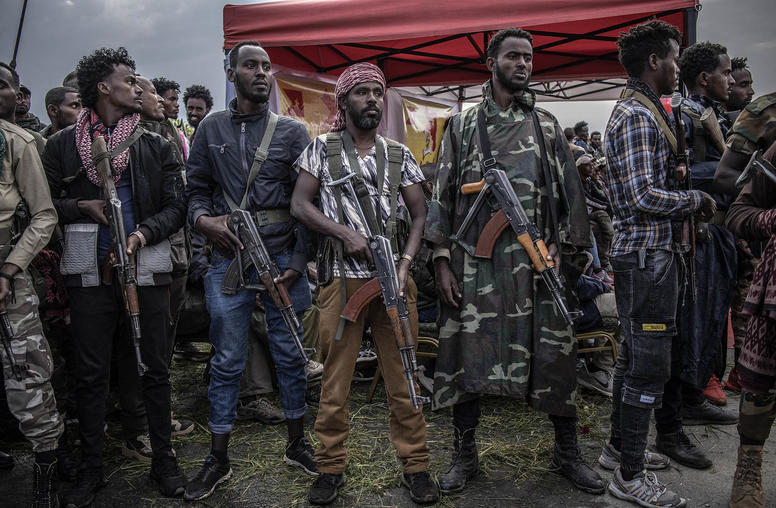
U.S. Urges Ethiopia to ‘Give Peace a Chance’
The United States’ top priority is the “unity and integrity of the Ethiopian state” and its “commitment to the Ethiopian people,” U.S. Special Envoy for the Horn of Africa Jeffrey Feltman said at the U.S. Institute of Peace in Washington on November 2. Noting that the average civil war lasts 20 years, Feltman said a war that long would be disastrous for Ethiopia and urged all parties to the conflict to “give peace a chance.”

Scott Worden on Afghanistan’s Dire Humanitarian and Economic Crises
As Afghans face mass hunger and economic collapse, USIP’s Scott Worden says it remains to be seen how the Taliban will react to internal and external pressure to address these crises: “Will they respond … by adapting, by softening policies, by being more inclusive or will they have a crackdown?”
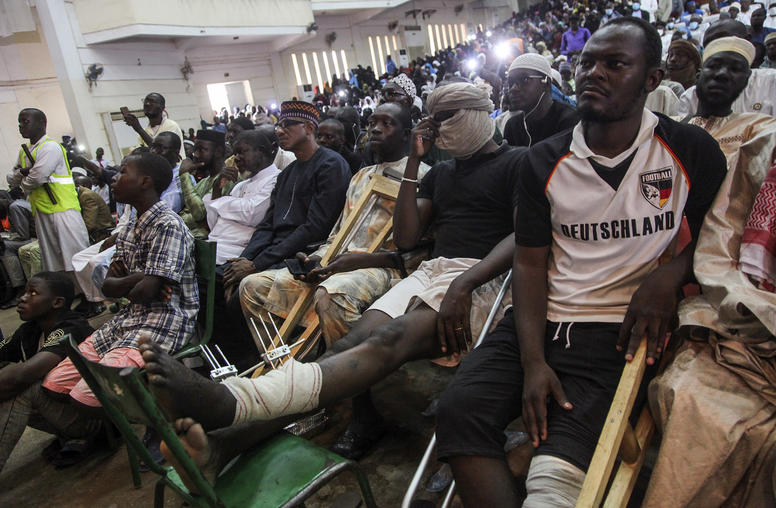
Disability-Inclusive Peacebuilding: State of the Field and the Way Forward
Despite being an estimated 15 percent of the world’s population, people with disabilities are not routinely included in peacebuilding, which would benefit from their expertise and perspectives. Although efforts to include marginalized populations can help, the current deficits are too great to be remedied through general approaches. This report covers the state of the field, identifies gaps and opportunities, and makes recommendations for the inclusion and meaningful participation of people with disabilities in peacebuilding.

Navigating Land Rights in the Transition to Green Energy
With the global energy sector responsible for two-thirds of carbon dioxide emissions, renewable energy has enormous potential to mitigate the impacts of the climate crisis while simultaneously addressing energy poverty in developing states worldwide. However, clean energy development is far from smooth sailing, as renewable energy infrastructure requires ten times more land than the fossil fuel equivalent to generate the same power.

Lebanon: Assessing Political Paralysis, Economic Crisis and Challenges for U.S. Policy
Mona Yacoubian, senior advisor to the vice president of Middle East & North Africa, testified on July 29, 2021 at the House Foreign Affairs Subcommittee on the Middle East, North Africa, and Global Counterterrorism's hearing on "Lebanon: Assessing Political Paralysis, Economic Crisis and Challenges for U.S. Policy." Her expert testimony as prepared is presented below.
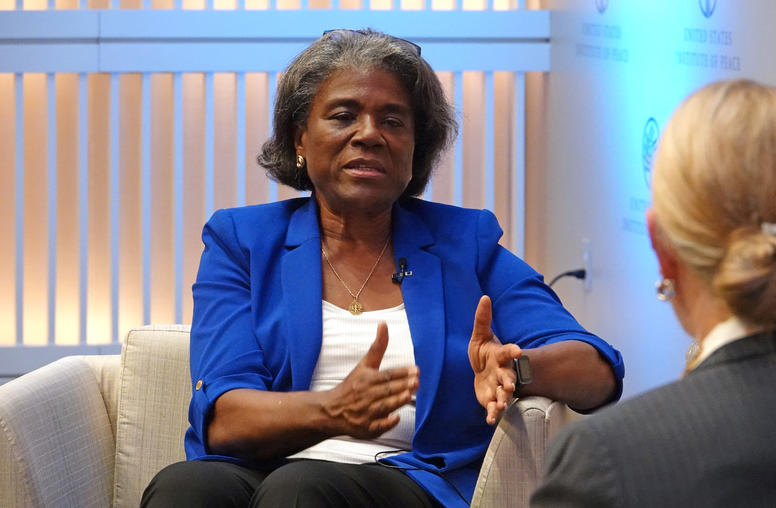
At 70, Refugee Convention Faces Many Challenges, Says Ambassador Thomas-Greenfield
Seventy years after its ratification, the Convention of Refugees remains an important pillar of the international system. Every day, conflict, hunger, economic deprivation and climate change are forcing people around the world to flee their homes in search of a better life. It is critical, therefore, that the international community uphold their obligations under the convention, while elevating efforts to address the root causes of migration, according to U.S. Ambassador to the United Nations Linda Thomas-Greenfield.
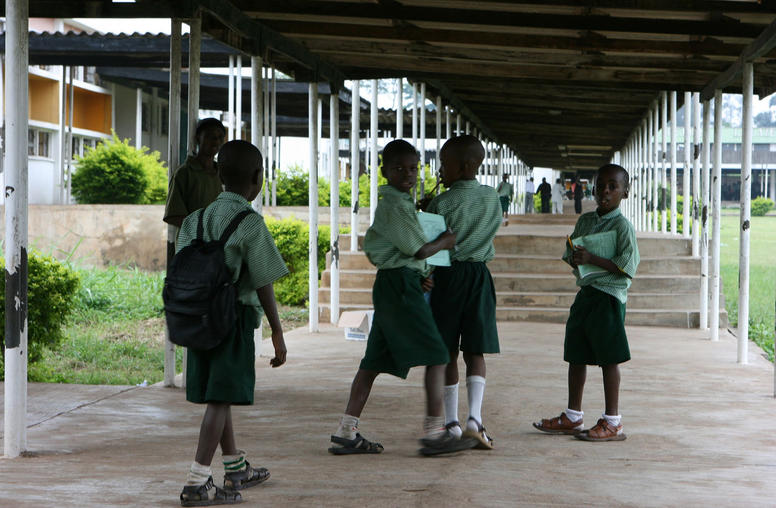
How Mass Kidnappings of Students Hinder Nigeria’s Future
This week’s latest mass kidnapping of Nigerian schoolchildren underscores that the crumbling of human security in Africa’s most populous nation is worsening a deeper impairment, hollowing out Nigeria’s education system to create a “lost generation” of youth across much of the country. Alarmingly, one in five of the world’s out-of-school children is Nigerian. As Nigerian and international policymakers focus on the immediate crises—of kidnappings, Boko Haram’s extremist violence, and conflict between farming and herding communities—they must urgently rescue and buttress the country’s damaged education system. Reducing violence and achieving development in Africa will depend on an effective strategy for doing so.
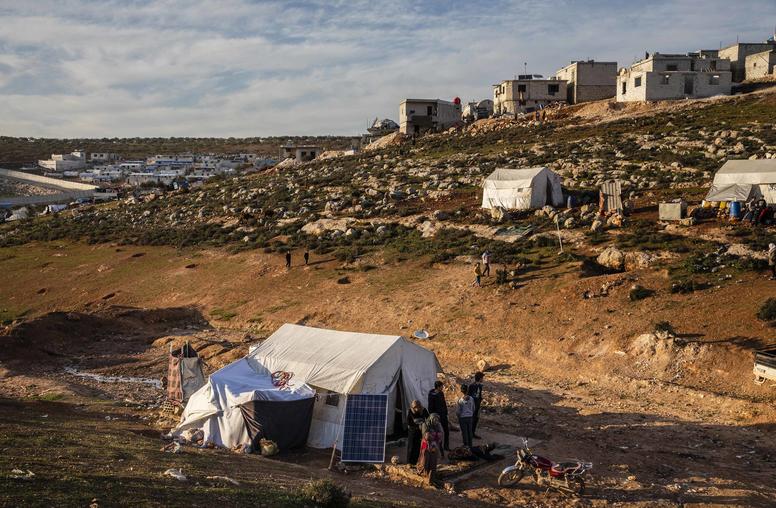
With Syria’s Last Aid Crossing on the Line, Can U.S., Russia Make a Deal?
A crucial deadline that will determine the future of humanitarian aid to Syria looms this week, as the authorization for the Bab al-Hawa crossing on the Turkey-Syria border expires on July 10. The crossing is the last with a U.N. mandate allowing aid to be delivered directly, without having to first go through the Assad regime in Damascus. While Washington has been insistent that the crossing should remain open, with a senior official calling it a matter of “life and death,” Moscow has said the cross-border aid undermines Syria’s sovereignty. Russia has used its veto power in the Security Council to prevent extensions of three other such aid crossings.